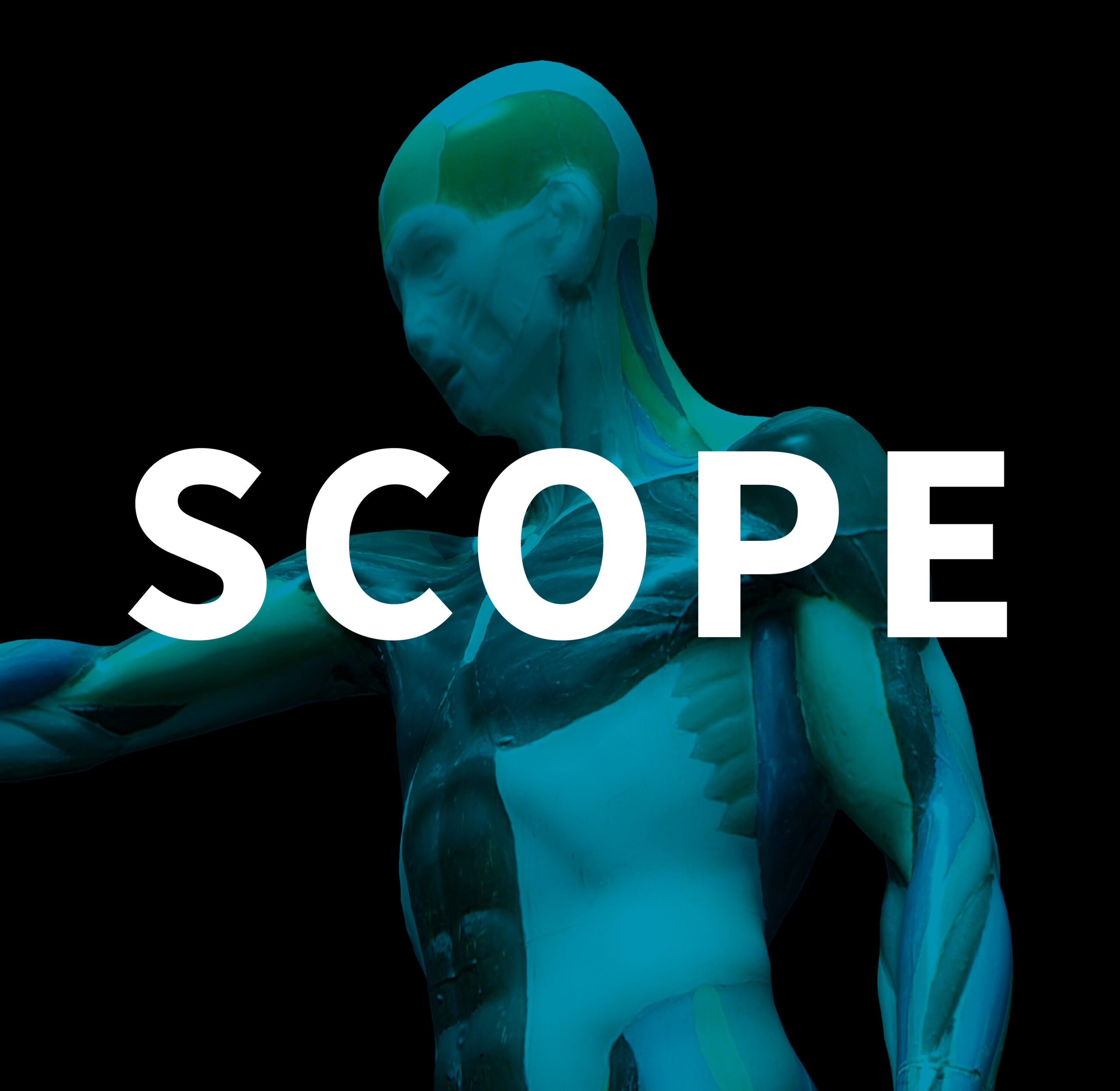Researchers in the College of Medicine and Veterinary Medicine have high standards when it comes to research ethics. However, for too long researchers in the College were reliant on a patchwork of ethical oversight.
To address the gaps, Edinburgh Medical School Research Ethics Committee (EMREC) was founded in 2020. More recently, it has appointed two new co-directors of Research Ethics: Christine Campbell and Professor Sue Fletcher-Watson.
The College is now much better-placed to support research, offering a coordinated approach to ethics, which not only meets our meets our legal and governance requirements, but also provides researchers with an efficient and consistent experience.
We spoke to director Sue Fletcher-Watson about her aspirations for EMREC.
What are your aims and hopes for this new role?
Our desire to make the ethics process efficient, constructive and valuable, so it contributes to the high research standards already present in the College, rather than being experienced as a tiresome bureaucratic hurdle.
Do you have any advice for researchers submitting to EMREC?
Researchers submitting to EMREC should start by writing a protocol which outlines what they want to do, step by step. They can then use this to populate their ethics form, rather than being led by the form, which is a tail-wagging-the-dog situation best avoided. We are currently updating the EMREC application form to more clearly invite researchers to copy and paste or cross-reference with their protocol.
We also advise PhD students to work closely with their supervisors prior to submission – this should strengthen the application and reduce the time required for EMREC to give a final favourable opinion.
What have you been working on so far?
One of our big jobs has been trying to set minimum standards for research ethics in undergraduate and taught postgrad projects – there are hundreds of projects across the college each year and a real patchwork of procedures in place to govern them. It would be good to acknowledge how hard it is to set standards that work for all courses and programmes, and to thank everyone who is working hard to support this.
Another really big job is setting clear standards and procedural guidelines for research taking place outside the UK, supporting researchers (staff and students) in respectful partnerships working with international colleagues and in-country procedures, submitting to multiple international RECs, etc. This is a work in progress, with a working group developing guidance in the early months of 2022 and again we thank everyone involved in these discussions.
Who are you working with?
A big thank you to Lena Lorenz and Sarah Atkins who are really invaluable parts of the EMREC and broader College-wide ethics process. Both bring a lot of expertise to the table and are particularly helping us deliver a rapid turn around for the vast majority of submissions, and to triangulate input from a huge range of relevant sources as we move towards a slightly more stable, standardised and familiar pathway for college ethics.
Sue Fletcher-Watson is a Professor of Developmental Psychology based in the Division of Psychiatry, in the Centre for Clinical Brain Sciences. She is Director of the Salvesen Mindroom Research Centre – a research group that works closely with community partners to deliver new scientific insights into, and resources for, neurodivergent individuals. Sue is particularly interested in participatory research – often termed “patient and public involvement” – as well as public engagement and science communication.
Find out more about EMREC




Leave a Reply